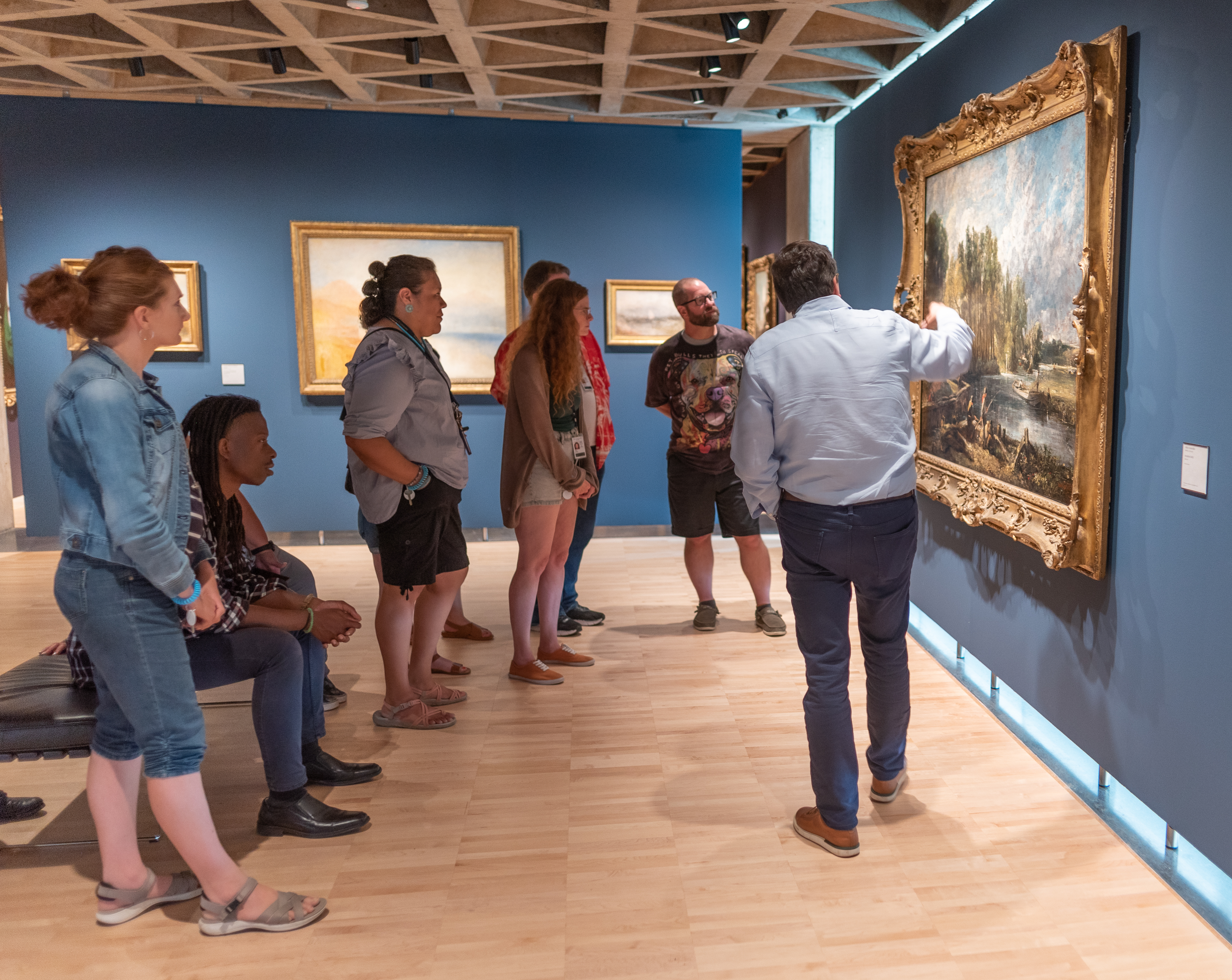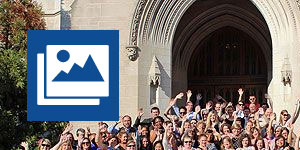- Login
- Home
- About the Initiative
-
Curricular Resources
- Topical Index of Curriculum Units
- View Topical Index of Curriculum Units
- Search Curricular Resources
- View Volumes of Curriculum Units from National Seminars
- Find Curriculum Units Written in Seminars Led by Yale Faculty
- Find Curriculum Units Written by Teachers in National Seminars
- Browse Curriculum Units Developed in Teachers Institutes
- On Common Ground
- Publications
- League of Institutes
- Video Programs
- Contact
Have a suggestion to improve this page?
To leave a general comment about our Web site, please click here
Confronting Mass Incarceration in Tulsa
bySally CannizzaroMass incarceration negatively affects so many lives, but what can be done about it? This curriculum unit aims to prepare students to tackle this community plague. This unit will bring statistics, local groups, and passion together to help students advocate for change. Students will begin by using a protocol to analyze data on general population statistics for the United States, Oklahoma, Tulsa, and other countries, as well as for specific populations, such as those for race and gender. Next they will look at these same statistics, for the incarcerated population and compare the two sets. These conversations will allow students to begin to ask questions about what they are seeing, how the statistics evolved to the level they are at, and what needs to be done to alleviate the impacts of any and all inequities they see. After learning about the events that led to our current “war on crime”, students will evaluate initiatives that aim to stem the harmful effects of mass incarceration. Students will begin to develop their own ideas on what ideas they can improve or expand on. The unit concludes with teenage activists proposing fully-developed ideas to local groups, ready to positively impact the community.
Keywords
Mass incarceration, Tulsa, Oklahoma, gifted and talented, equity, project-based learning, critical reading, writing, community outreach, student activism
(Developed for Gifted and Talented, grades 6-8; recommended for Gifted and Talented, grades 6-12, and Language Arts and Civics, grades 8-12)




